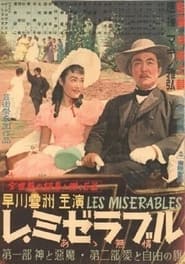detail profile masao mishima
Peran Yang Di Mainkan Masao Mishima
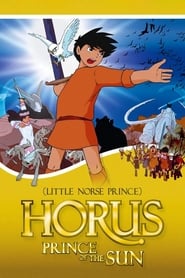 Young Horus lives in a mythical...
Young Horus lives in a mythical...Horus: Prince of the Sun 1968
Young Horus lives in a mythical Scandinavia of the Iron Age. Recovering the stolen Sword of the Sun from a rock giant, he learns he must travel to the lands of his ancestors, encountering the beautiful but enigmatic Hilda as his journey leads to a series of adventures.
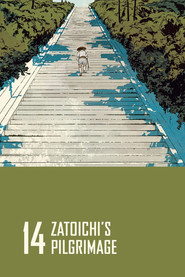 Zatoichis trek through 88 temples to atone...
Zatoichis trek through 88 temples to atone...Zatoichi's Pilgrimage 1966
Zatoichi's trek through 88 temples to atone for his violent past is interrupted as he stumbles into a village terrorized by a violent yakuza boss.
 Downonhisluck veteran Tsugumo Hanshir enters the...
Downonhisluck veteran Tsugumo Hanshir enters the...Harakiri 1962
Down-on-his-luck veteran Tsugumo Hanshirō enters the courtyard of the prosperous House of Iyi. Unemployed, and with no family, he hopes to find a place to commit seppuku—and a worthy second to deliver the coup de grâce in his suicide ritual. The senior counselor for the Iyi clan questions the ronin’s resolve and integrity, suspecting Hanshirō of seeking charity rather than an honorable end. What follows is a pair of interlocking stories which lay bare the difference between honor and respect, and promises to examine the legendary foundations of the Samurai code.
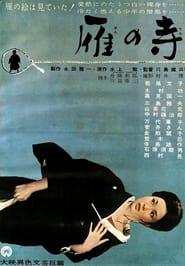 Satoko is a mistress by trade...
Satoko is a mistress by trade...The Temple of Wild Geese 1962
Satoko is a mistress by trade or fate: when her master, the silkscreen artist of the Kohoan Temple in Kyoto, dies, she is given to the temple's lascivious head priest Kikuchi. She is drawn to a melancholy young acolyte, Jinen, who has observed the profligacy of his cruel master and Satoko's utter dependence on the man. Jinen is both fascinated and disturbed by Satoko's interest in him; he is similarly caught between loathing of Kikuchi and of the dark circumstances of his birth and his own moral weakness. The story unfolds in a dreamlike manner—a flashback inspired by a now-infamous image on a silkscreen in the souvenir shop at the so-called Temple of the Wild Geese.
 After their father quarrels with local...
After their father quarrels with local...The Orphan Brother 1961
After their father quarrels with local military men, Anju and Zushio are forced to flee, but they are captured and sold into slavery. When their mother dies, they are sold to Sansho the Bailiff, a cruel man who subjects them to hideous torments. While Anju falls into a lake and is transformed into a swan, Zushio escapes and after being adopted to a nobleman grows to a young man. He will then fight to defeat the evil Dayu and free all the slaves.
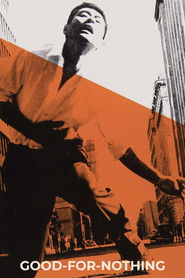 Yoshidas first feature follows the lives...
Yoshidas first feature follows the lives...Good-for-Nothing 1960
Yoshida's first feature follows the lives of young students against a background of jazz, emptiness and boredom. The plot is fairly simple: a "good-for-nothing" from a poor background falls in love with the young secretary of his rich friend's father. The woman senses good in him and tries to lead him on the right path.
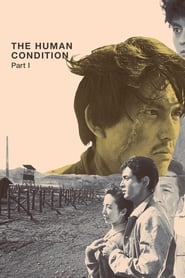 After handing in a report on...
After handing in a report on...The Human Condition I: No Greater Love 1959
After handing in a report on the treatment of Chinese colonial labor, Kaji is offered the post of labor chief at a large mining operation in Manchuria, which also grants him exemption from military service. He accepts, and moves to Manchuria with his newly-wed wife Michiko, but when he tries to put his ideas of more humane treatment into practice, he finds himself at odds with scheming officials, cruel foremen, and the military police.
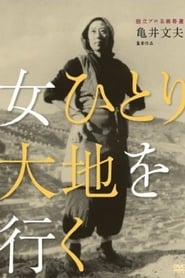 Onna Hitori Daichi wo Yuku A...
Onna Hitori Daichi wo Yuku A...A Lonely Woman in a Lonely Land 1953
Onna Hitori Daichi wo Yuku (A Lonely Woman in a Lonely Land, Kinuta Production, 1953) was the second feature film directed by Kamei Fumio, who is known as a master of documentary films, and followed his “Haha Nareba Onna Nareba(Become a Mother, Become a Woman)” (1952).
 Noriko is perfectly happy living at...
Noriko is perfectly happy living at...Late Spring 1949
Noriko is perfectly happy living at home with her widowed father, Shukichi, and has no plans to marry -- that is, until her aunt Masa convinces Shukichi that unless he marries off his 27-year-old daughter soon, she will likely remain alone for the rest of her life. When Noriko resists Masa's matchmaking, Shukichi is forced to deceive his daughter and sacrifice his own happiness to do what he believes is right.
 Three IJN flyers Mikami Susumu Fujita...
Three IJN flyers Mikami Susumu Fujita...Battle Troop 1944
Three IJN flyers Mikami (Susumu Fujita), Kawakami (Masayuki Mori) and Murakami (Akitake Kono) are good friends, and they are all renowned for their torpedo techniques. Mikami is posted as a staff officer at a base on an island in the Pacific. Kawakami and Murakami later joins him as the base squardron is reinforced. The enemy task force approaches the island and all three of them attack the fleet, killing themselves in the process.
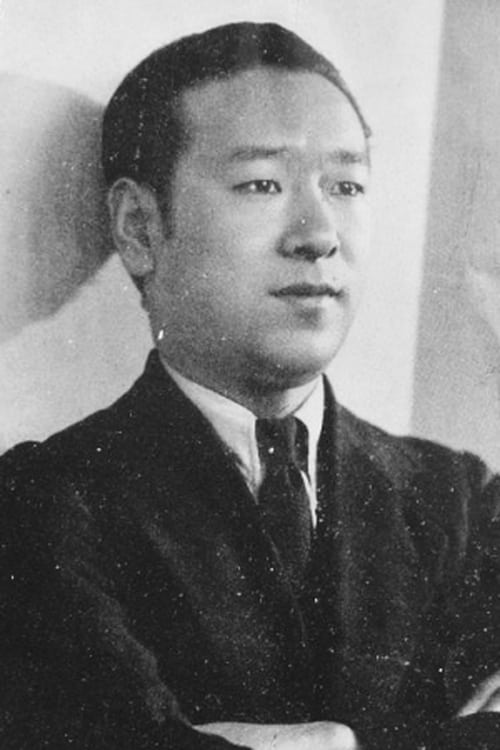
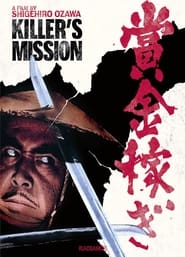 Ichibei is assigned by Shogun Tokugawa...
Ichibei is assigned by Shogun Tokugawa...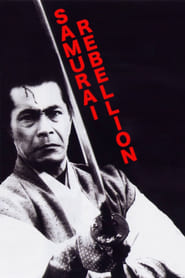 The mother of a feudal lords...
The mother of a feudal lords...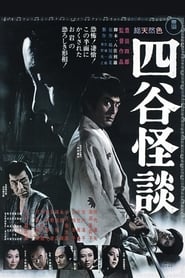 The ghost of a samurais wife...
The ghost of a samurais wife... The cunning detective Akeichi must foil...
The cunning detective Akeichi must foil...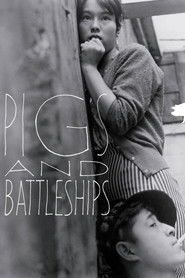 In the city of Yokosuka Kinta...
In the city of Yokosuka Kinta...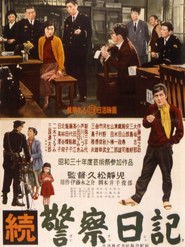 From runaway brides to a typhoon...
From runaway brides to a typhoon...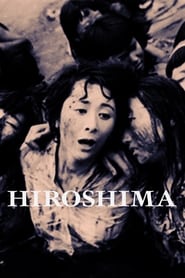 Historical fiction about the aftermath of...
Historical fiction about the aftermath of...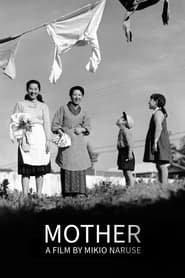 A teenaged girl witnesses her widowed...
A teenaged girl witnesses her widowed...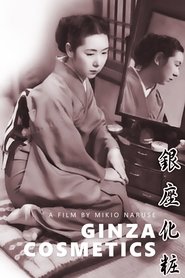 A luckless geisha struggles to make...
A luckless geisha struggles to make...